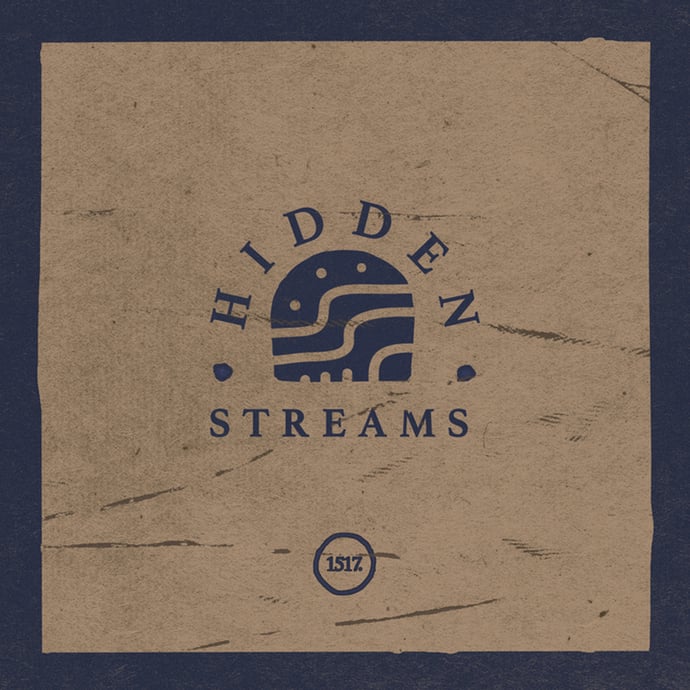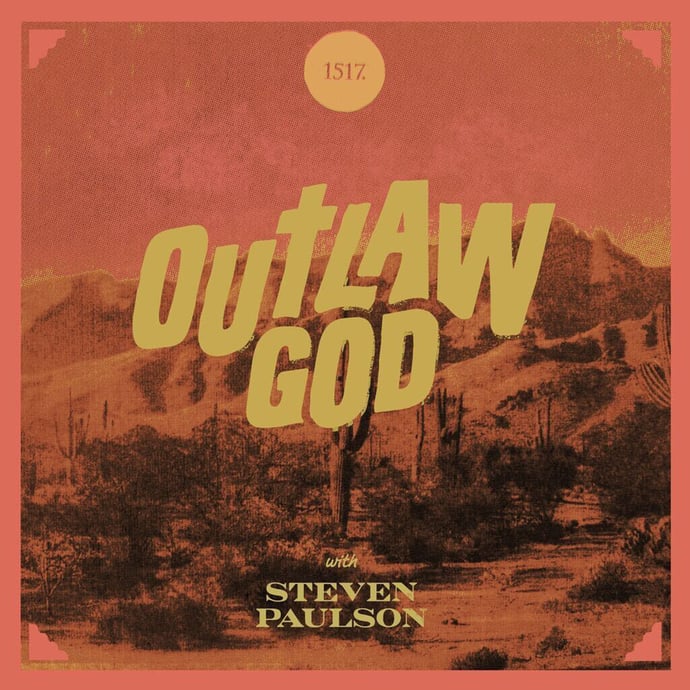“Let no one fear death, for the Death of our Savior has set us free.
He has destroyed it by enduring it.
He destroyed Hell when He descended into it.
He put it into an uproar even as it tasted of His flesh.
Christ is Risen, and the tomb is emptied of its dead!” - Chrysostom
Podcasts
Each 1517 Podcast is dedicated to delivering Christ-centered content through weekly, monthly, and seasonal audio platforms. Listen online or on your favorite podcasting app.
Author
- All Authors
- Aaron Zimmerman
- Adam Francisco
- Amy Mantravadi
- Blake Flattley
- Bob Hiller
- Bradley Gray
- Brian W. Thomas
- Bror Erickson
- Bruce Hillman
- Caleb Keith
- Chad Bird
- Chris Rosebrough
- Christopher Gillespie
- Cindy Koch
- Craig Donofrio
- Dan van Voorhis
- Daniel Deen
- Daniel Emery Price
- Darrin Sheek
- David Andersen
- David Rufner
- David Zahl
- Debi Winrich
- Delwyn Campbell
- Donavon Riley
- Doug Klembara
- Edward Killian
- Elyse Fitzpatrick
- Erick Sorensen
- Flame
- Grant Klembara
- Gretchen Ronnevik
- Haroldo Camacho
- Jacob Smith
- Jared C. Wilson
- Jeff Mallinson
- Jeffrey Pulse
- Jessica Thompson
- Jim Nestingen
- Joel Fitzpatrick
- Joel Hess
- John Andrew Schreiner
- John Bombaro
- John T. Pless
- John W. Hoyum
- John Warwick Montgomery
- Katie Koplin
- Kelsi Klembara
- Ken Sundet Jones
- Magnus Persson
- Matt Popovits
- Michael Berg
- Michael Horton
- Nick Lannon
- Paul Koch
- Peter Nafzger
- Philip Bartelt
- Raleigh Sadler
- RJ Grunewald
- Robert Kolb
- Rod Rosenbladt
- Ron Hodel
- Sam Leanza Ortiz
- Sarah Condon
- Sarah Crowder
- Scott Davis
- Scott Keith
- Steven Paulson
- Tanner Olson
- Troy Neujahr
- Uwe Siemon-Netto
- Wade Johnston
- William Cwirla
-
Repent and believe the Good News! Everything is OK.
- Cultural Exegesis
- Hymns
- Ash Wednesday
- Lent
- God's Word
- Promises of God
- Hope
- Sanctification
- Incarnation
- Faith
- Confession and Absolution
- Fasting
- Obedience
- Sorrow and Sadness
- Gospel
- Repentance
- Temptation
- ARTS AND CULTURE
- God
- God the Father
- Holy Spirit
- Jesus Christ
- Justification
- Ministry of the Church
- Practical Theology
- Salvation
- Sin
- Church Seasons
-
Israel cries out to God, to remember his promises.
-
Chad meditates on what it means to look to God and how He looks at us.
-
Easy There, Fella, Everybody’s Gonna Get a Turn... In this episode, we begin a reading of Clement of Alexandria’s, "The Praises of Martyrdom Those Who Offered Themselves for Martyrdom Reproved." What constitutes martyrdom for Christians? Where does the idea of martyrdom originate, and is it still a relevant topic for us today?
-
This isn't a plus one... The second part of our episode on Patrick Henry Reardon's book, Christ in the Psalms. Taking a hard look at how we confuse the two kingdoms, avoid controversial topics in the church and the tragic consequences of not taking everything captive to Christ.
-
This is not a drill... We return to Patrick Henry Reardon's book, Christ in the Psalms. In this episode, we consider Psalm 6 and the very real, earthly effects of God's wrath, along with political bookends.
-
My God can beat up your god... The second part of our discussion of Christ in the Psalms, by Patrick Henry Reardon. What is the temptation when Christians assume that our enemies are God's enemies? How do we pray for and against ourselves at the same time? What's happened to our piety that we are afraid to make demands of God?
-
Why Christians are commanded to pray down curses upon their enemies. This episode, Christ in the Psalms, by Patrick Henry Reardon. What's an imprecatory psalm? Why are we taught by Scripture to pray imprecatory psalms, but have largely excluded such prayers from our churches? How does psalm 5 point us to Jesus and culture simultaneously?
-
Dr. Paulson and Caleb talk about God’s assassination attempt against Moses.
-
Dr. Paulson and Caleb talk about the ways people try and use God’s law to secure and confirm election. This conversation leads toward the distinction between the commands and the promises of God.
-
The power of music: a natural expression of the children of God! Repent and believe the good news.


